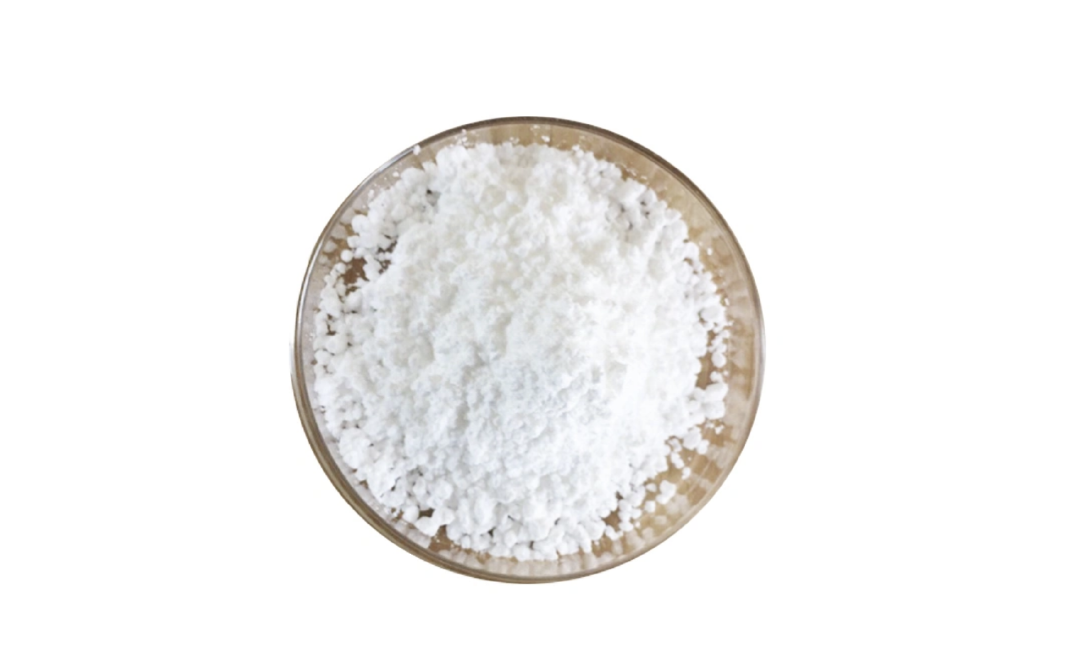


While buying lactose tablets/ sachets make sure to check the "use by" date.
People who are lactose intolerant may experience gas, bloating and diarrhea on lactose consumption.(2)
(2) https://www.webmd.com/digestive-disorders/digestive-diseases-lactose-intolerance#1
- Disclaimer
"Information here is provided for discussion and educational purposes only. It is not intended as medical advice or product or ingredient review/rating. The information may not apply to you and before you use or take any action, you should contact the manufacturer, seller, medical, dietary, fitness or other professional. If you utilize any information provided here, you do so at your own risk and you waive any right against Culinary Communications Private Limited, its affiliates, officers, directors, employees or representatives.”
Description
Lactose is the sugar found in milk. It is a disaccharide, meaning it is made up of two sugar molecules namely glucose and galactose. The name comes from (lac) which is a Latin word for milk and the suffix (ose) means sugar. In the intestine, lactose is transformed by lactase, an enzyme, into glucose and galactose, both simpler sugars, which are used by our body for energy and various functions. Some of the high-lactose foods include ice cream, soft-serve frozen yogurt, ricotta cheese, protein powders, energy bars, puddings/custards. Although a natural sugar, many people have difficulty in absorbing lactose in the body and become intolerant to it. As a result, they have diarrhea, gas and bloating after eating or drinking dairy products. This is known as lactose intolerance.